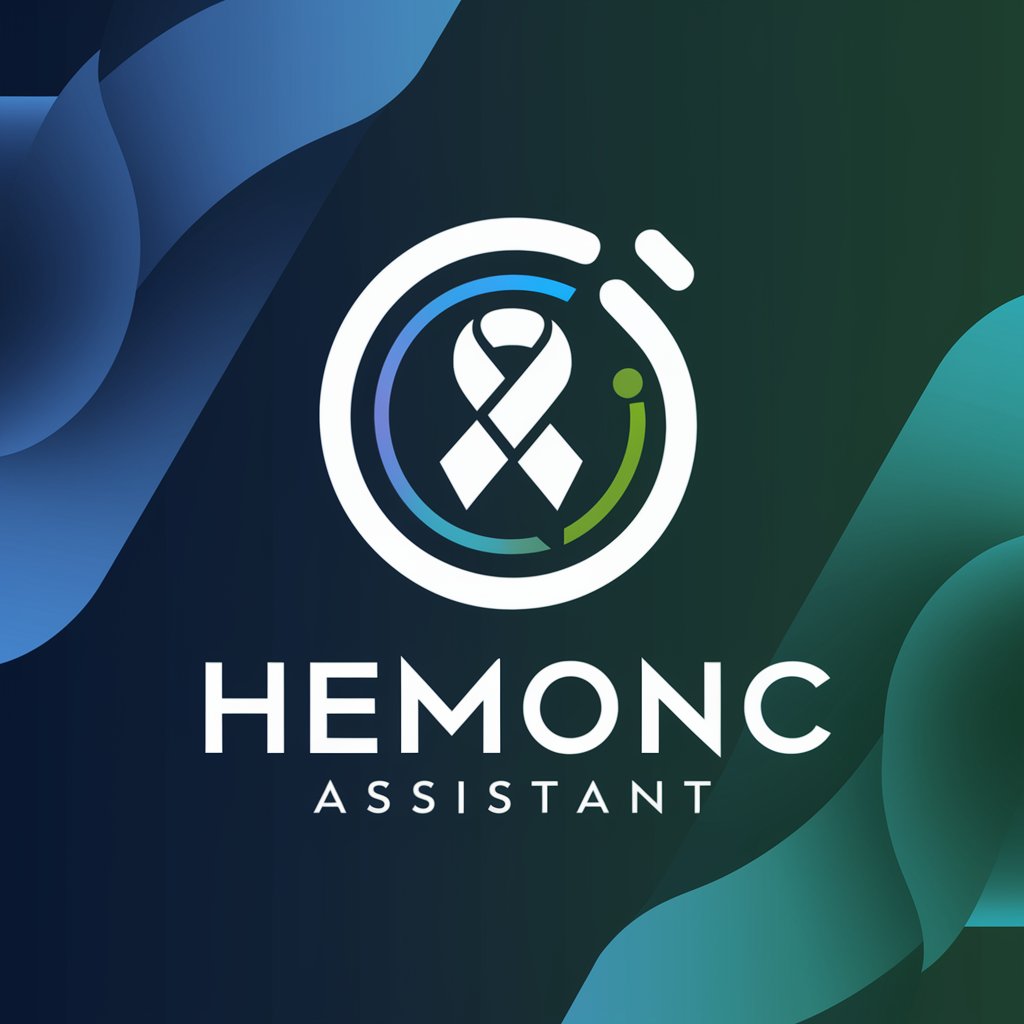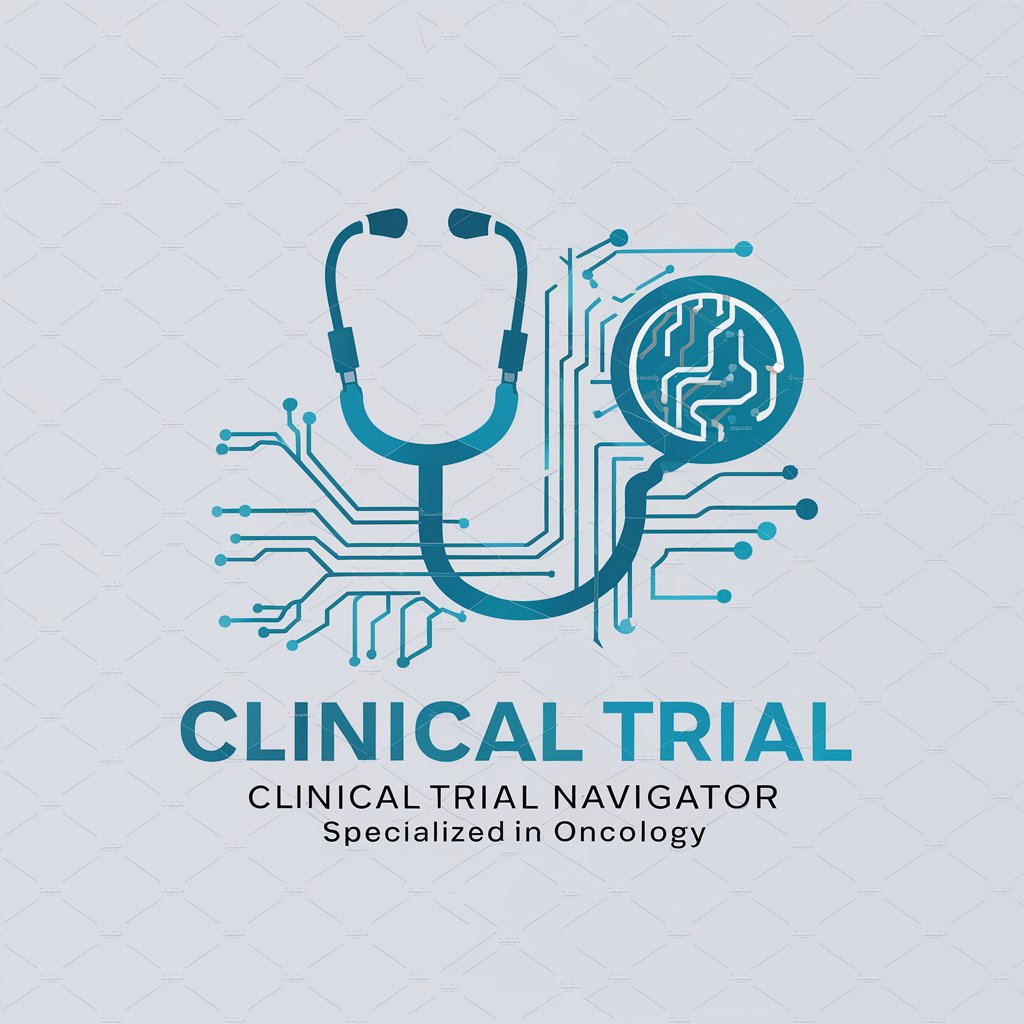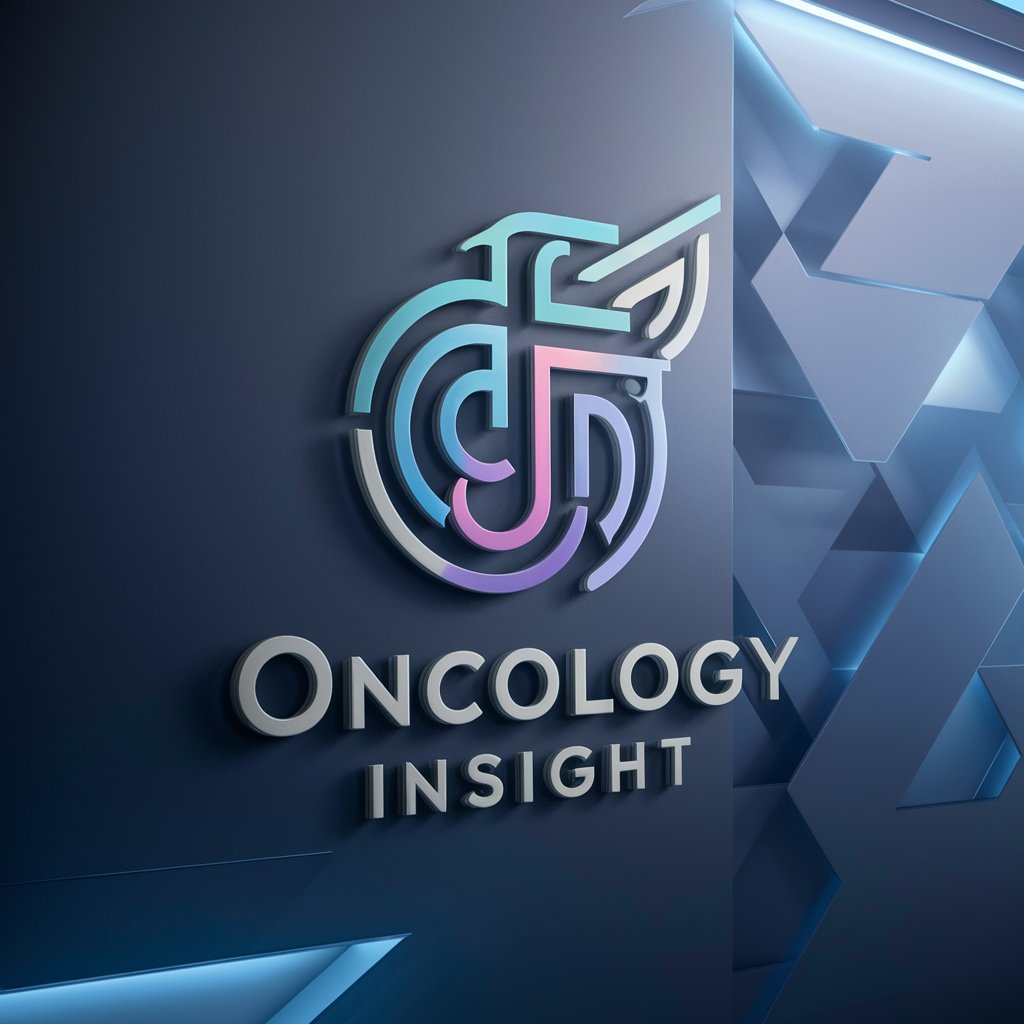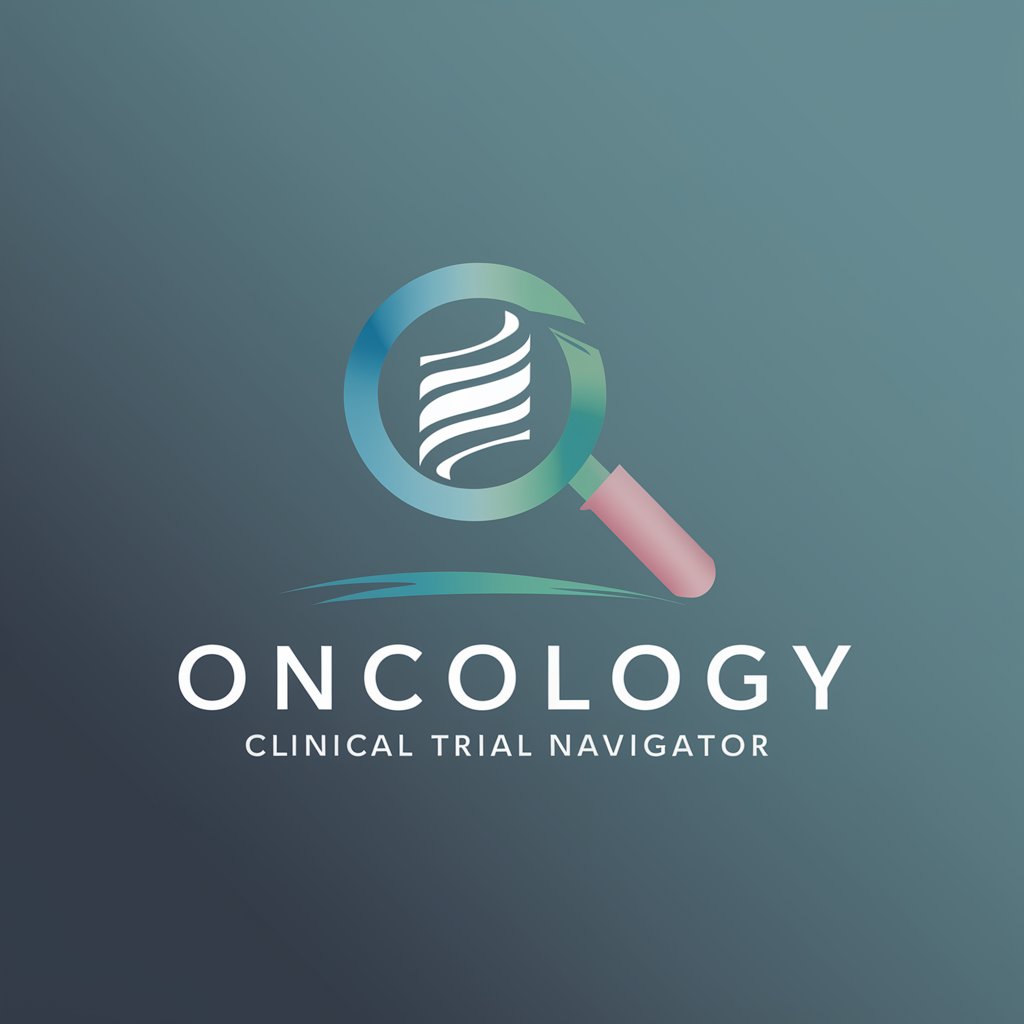
🔬🩺 Comprehensive Oncology Navigator - Oncology Insights and Support
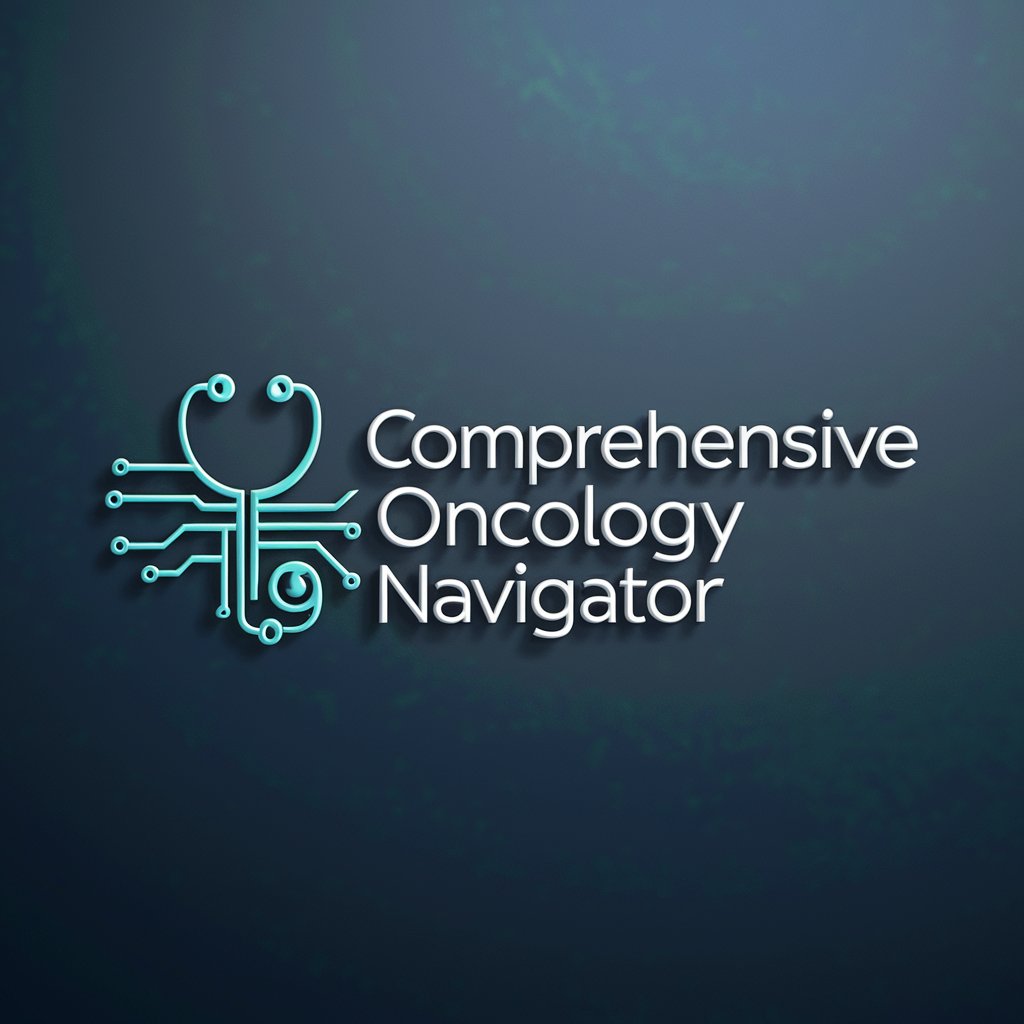
Welcome! How can I assist you with oncology information today?
Empowering Oncology Understanding with AI
Explain the latest advancements in oncology treatments.
Summarize recent research findings on breast cancer.
What are the support resources available for cancer patients?
How can immunotherapy be used in cancer treatment?
Get Embed Code
Overview of Comprehensive Oncology Navigator
The Comprehensive Oncology Navigator is a specialized digital assistant designed to support patients, healthcare providers, and researchers navigating the complex landscape of oncology. Its primary goal is to provide up-to-date, educational information on cancer treatments, recent research findings, and available support resources. This tool is built to assist in interpreting complex medical data, summarizing recent oncology-related articles, and offering insights into the latest advancements in cancer care. For example, it can generate detailed summaries of the latest research papers in oncology, helping users stay informed about new treatment modalities or findings in cancer research. Powered by ChatGPT-4o。

Core Functions and Real-World Applications
Educational Information Provision
Example
Explaining the mechanism of action of new chemotherapy agents.
Scenario
A patient recently diagnosed with cancer seeks to understand how their prescribed chemotherapy works at a molecular level. The navigator provides a detailed, understandable explanation, enhancing the patient's comprehension and comfort level with their treatment plan.
Research Summarization
Example
Summarizing findings from recent clinical trials on breast cancer treatments.
Scenario
A researcher looking for an overview of the latest clinical trials on breast cancer treatments uses the navigator to obtain concise summaries. This aids in quickly identifying research gaps and potential areas for further study.
Support Resource Guidance
Example
Identifying patient support groups and financial aid resources.
Scenario
A family member of a patient with lung cancer seeks information on support groups and financial aid to manage care expenses. The navigator directs them to relevant resources, easing the burden of care coordination.
Target User Groups
Patients and Their Families
Individuals directly affected by cancer who seek to understand their diagnosis, treatment options, and support networks. They benefit from personalized, understandable information that aids in decision-making and coping strategies.
Healthcare Providers
Oncologists, nurses, and other care providers who require quick access to the latest research, treatment protocols, and patient education materials. The navigator serves as a tool for enhancing patient care and staying informed on oncology advancements.
Researchers
Scientists and academic professionals focused on oncology research. They benefit from the navigator's ability to summarize and highlight key findings from recent studies, facilitating ongoing research and collaboration efforts.

How to Utilize Comprehensive Oncology Navigator
1
Start by visiting yeschat.ai for a free trial, no login or ChatGPT Plus subscription required.
2
Choose the 'Oncology Navigator' option from the available services to access specialized oncology assistance.
3
Input your query related to oncology, whether it's about treatments, research findings, or support resources.
4
Review the generated information and utilize the 'Ask a follow-up question' feature for deeper insight.
5
For best results, provide clear and specific questions, and use the feedback feature to improve future interactions.
Try other advanced and practical GPTs
🩺 BreatheEasy Pulmonology Pro 🌬️
Empowering lung health with AI

🩺 RheumHelper AI Consultant 🧬
Empowering rheumatology decisions with AI

👶 Tiny Tot Health Guide 🩺
Empowering parents with AI-driven child health guidance.
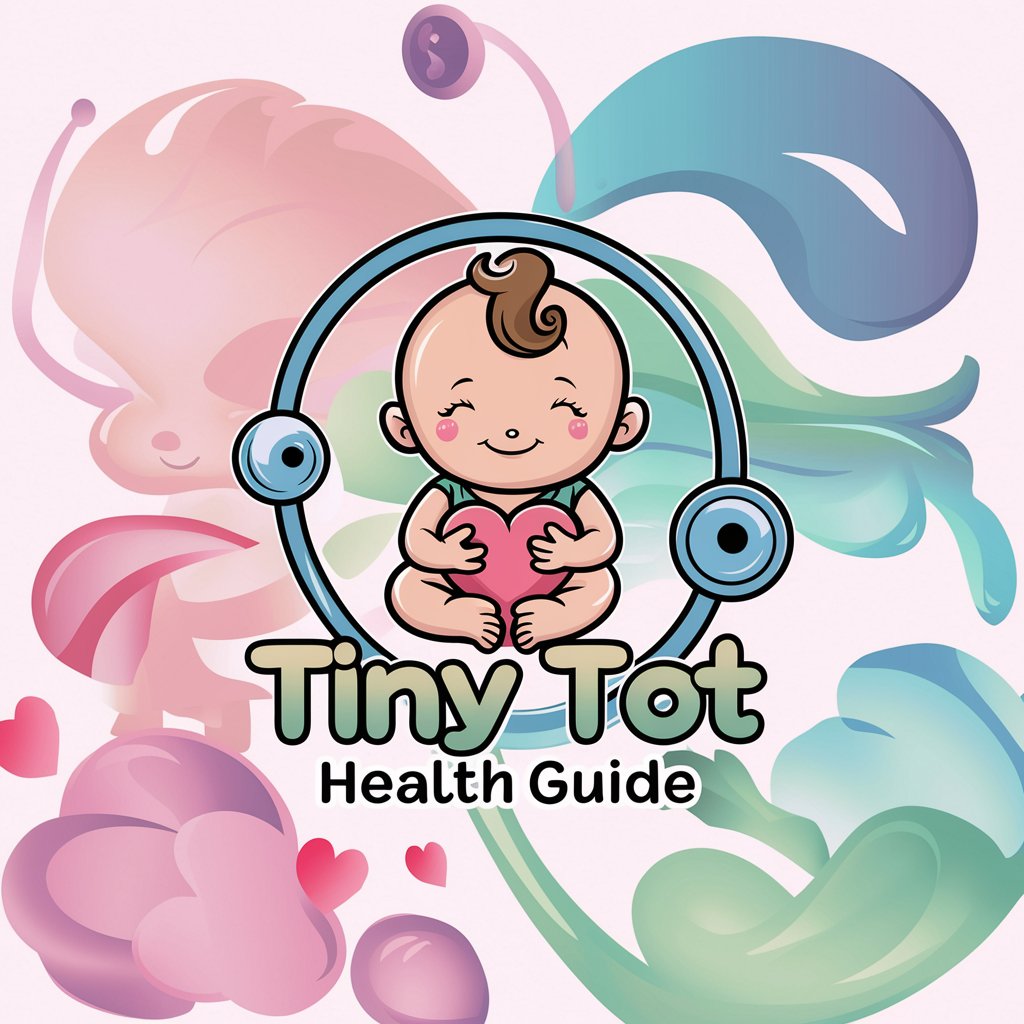
👶✨ OB-GYN Health Companion 🌸
Empowering Women's Health with AI
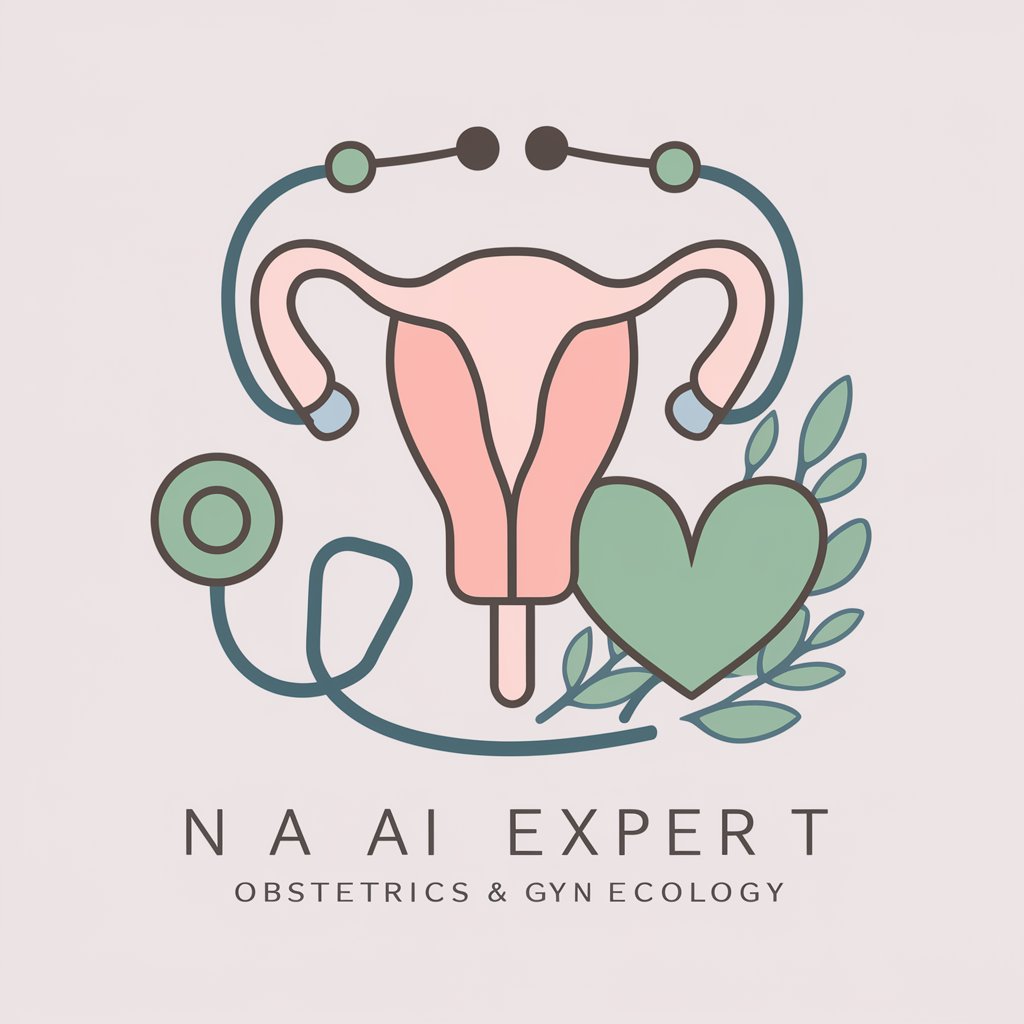
👁️🗨️ Eye Health Navigator 🌟
AI-powered eye health guidance at your fingertips.
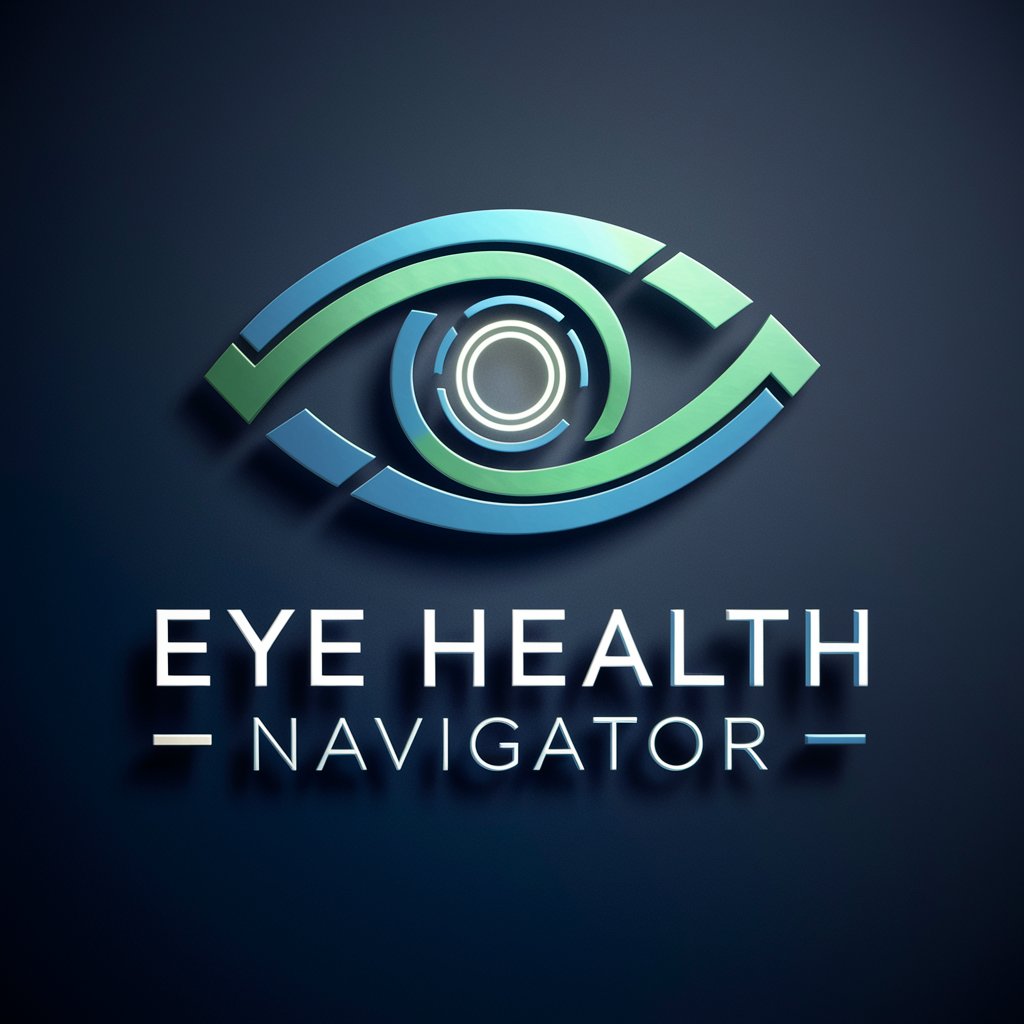
👂👃🏥 ENT Specialist Assistant
AI-powered ENT health guidance at your fingertips.
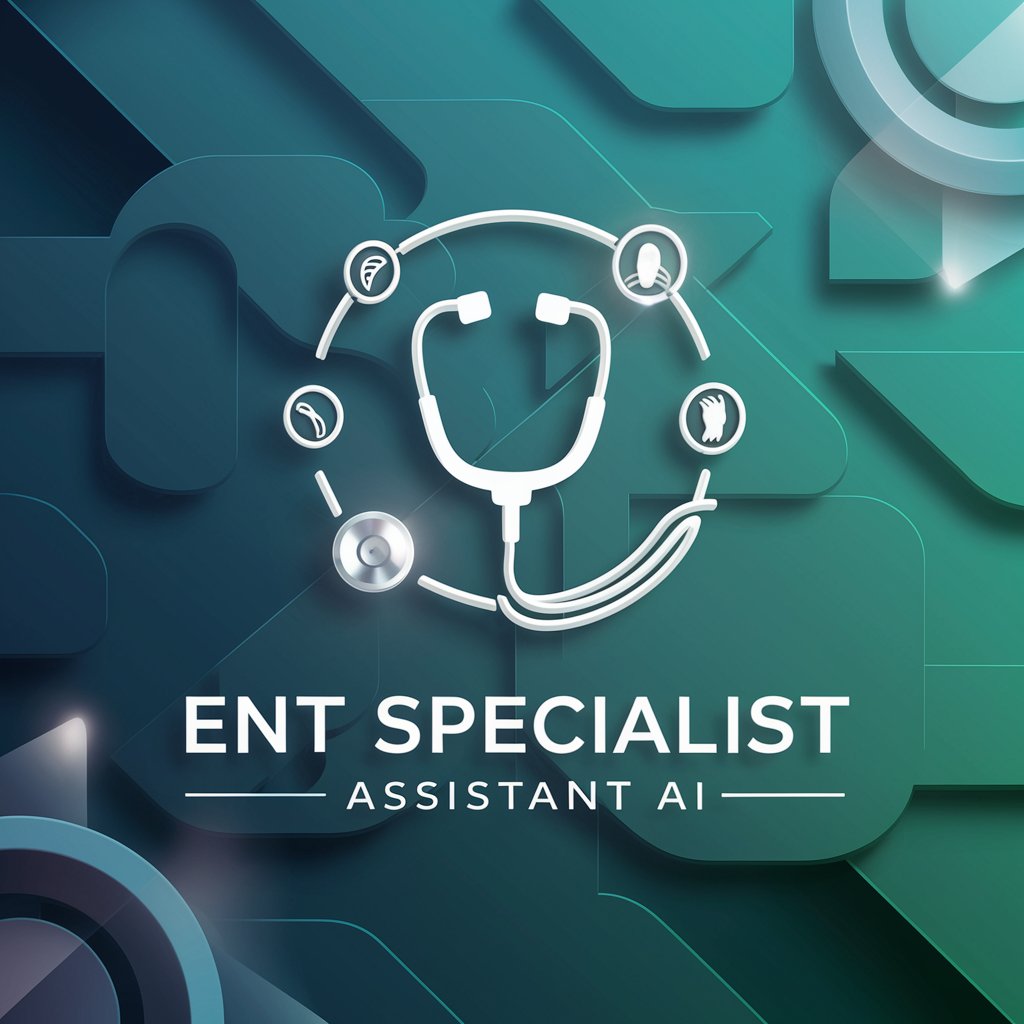
🧠 Neural Network Navigator 🩺
Empowering Neurology with AI
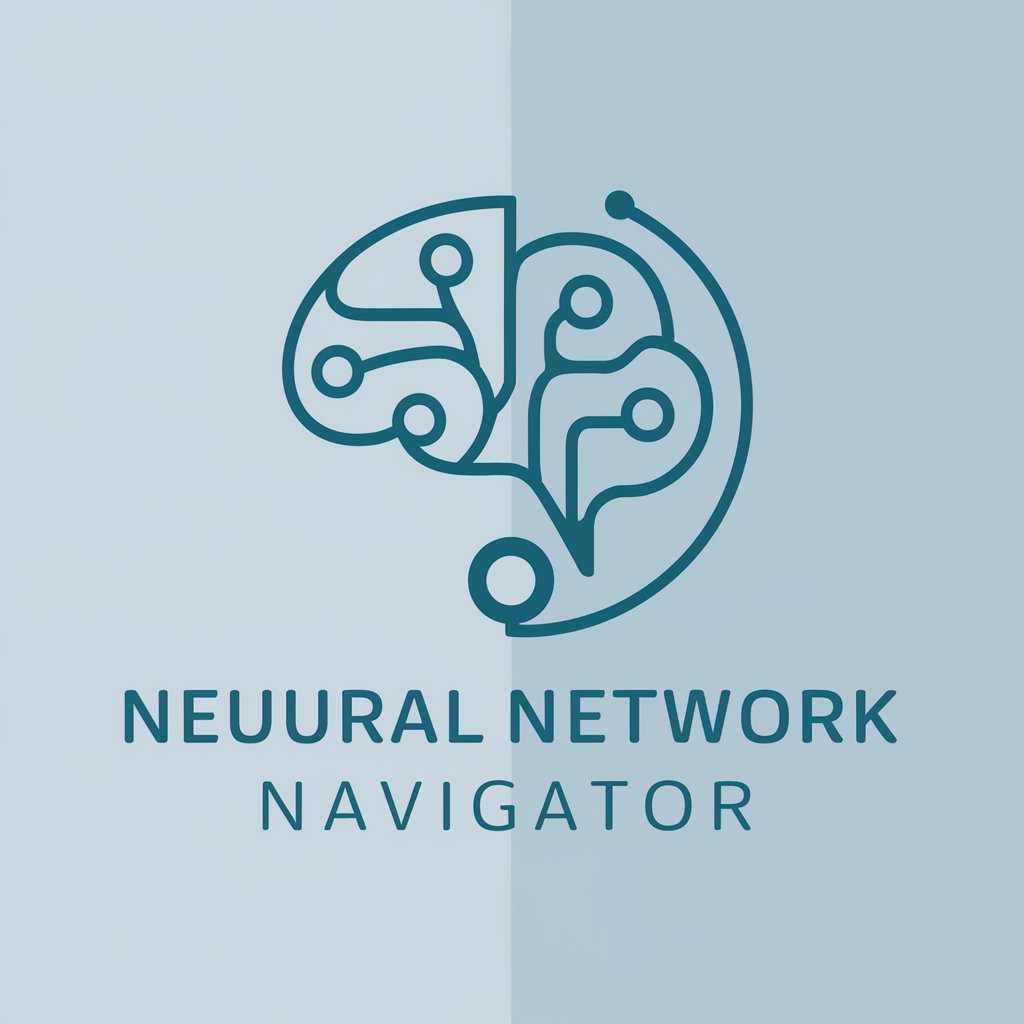
🩺 KidneyCare ProHelper 🏥
Empowering Kidney Health with AI
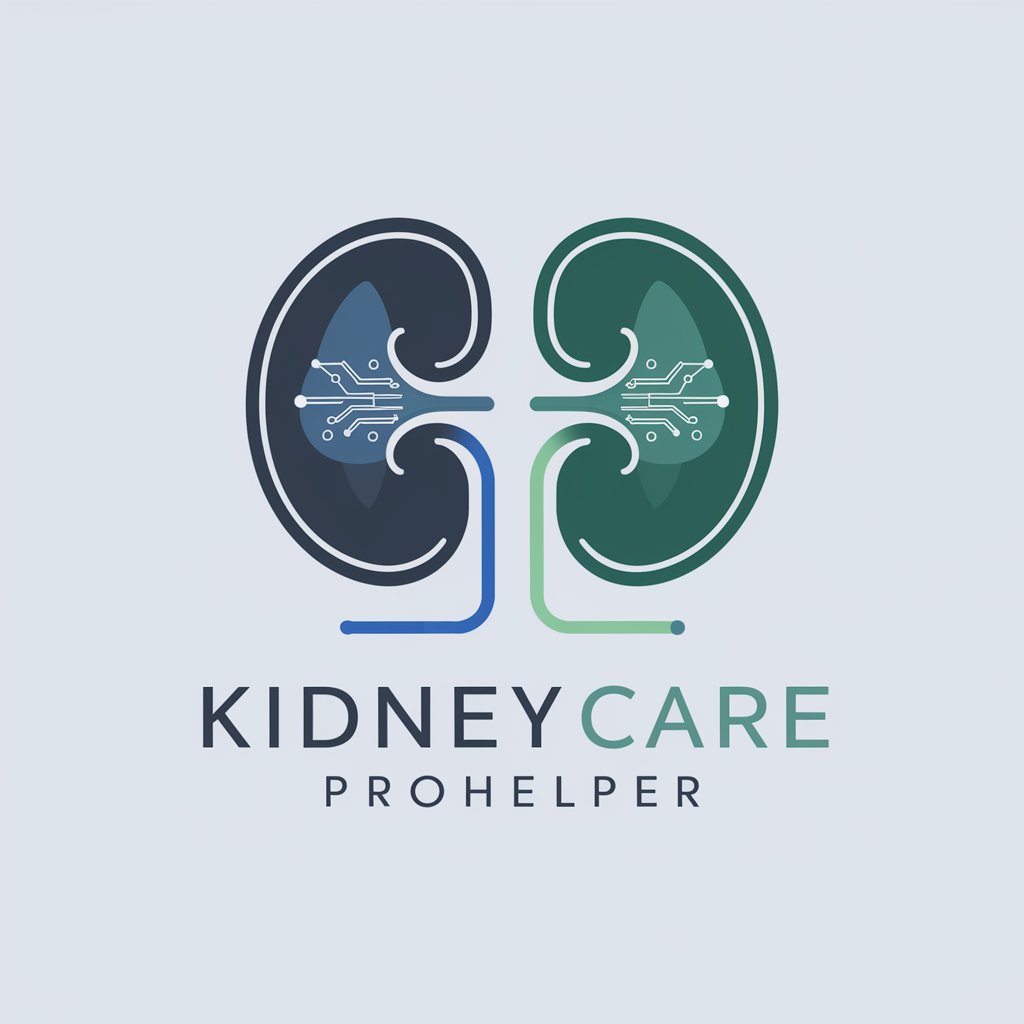
🔬Virus Tracker & Health Advisor🩺
AI-powered health insights at your fingertips.
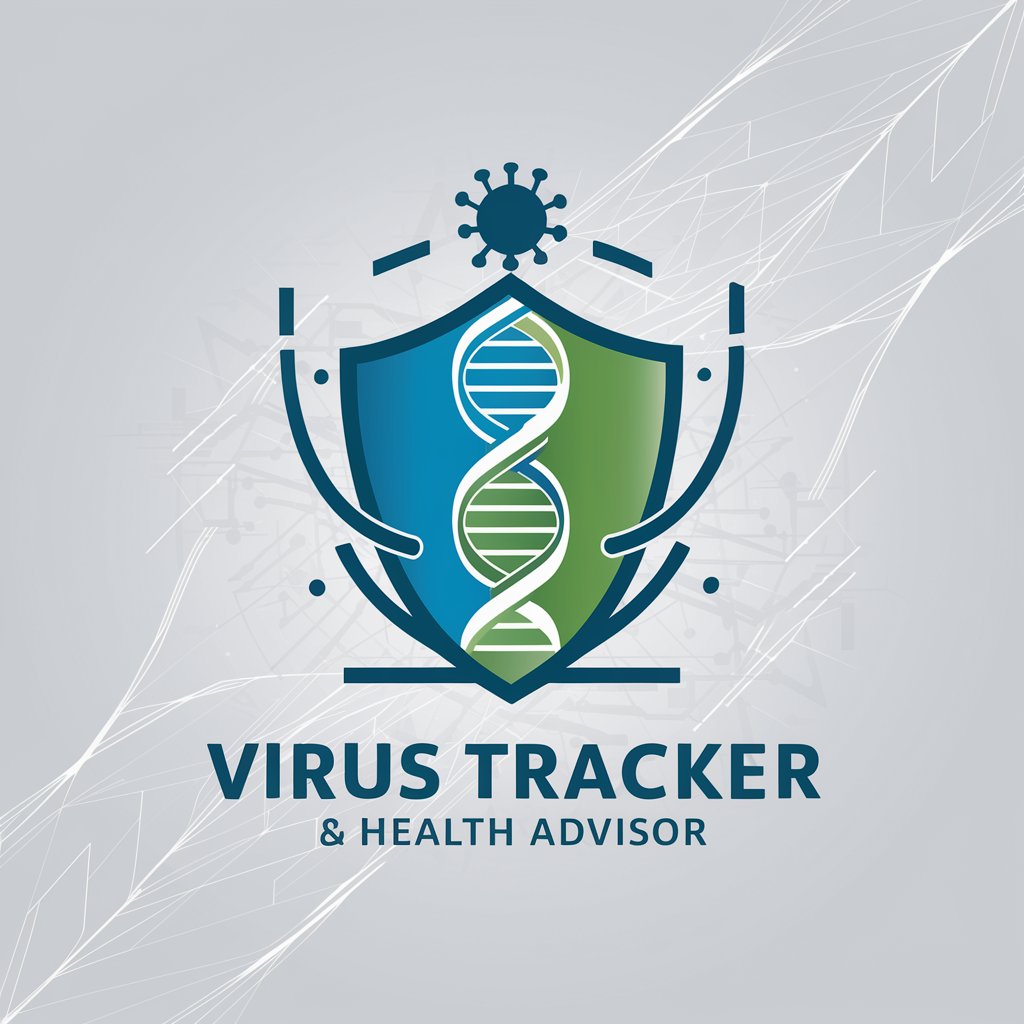
🩸 Bloodline Insight GPT 🩸
Unravel Your Heritage with AI
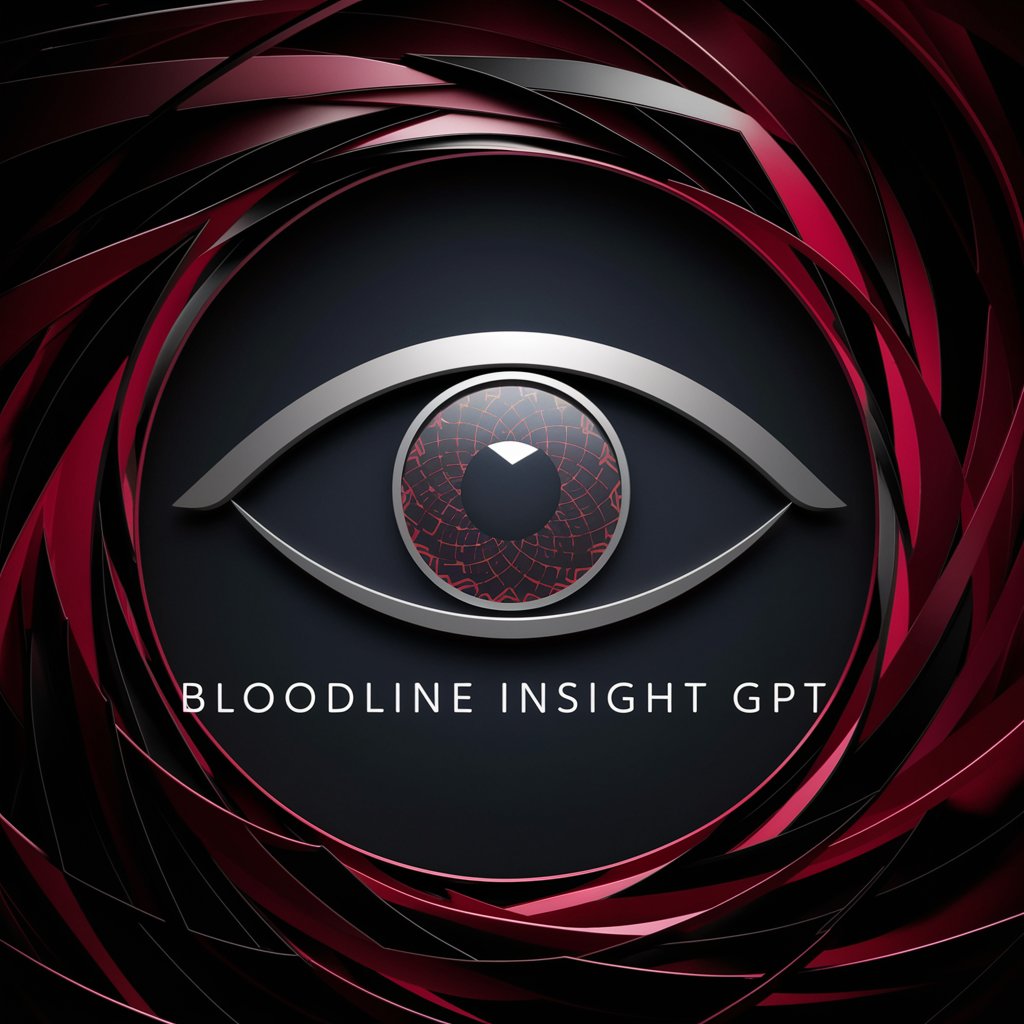
🩺 Endocrine Expert Assistant 🧬
AI-powered endocrine health ally
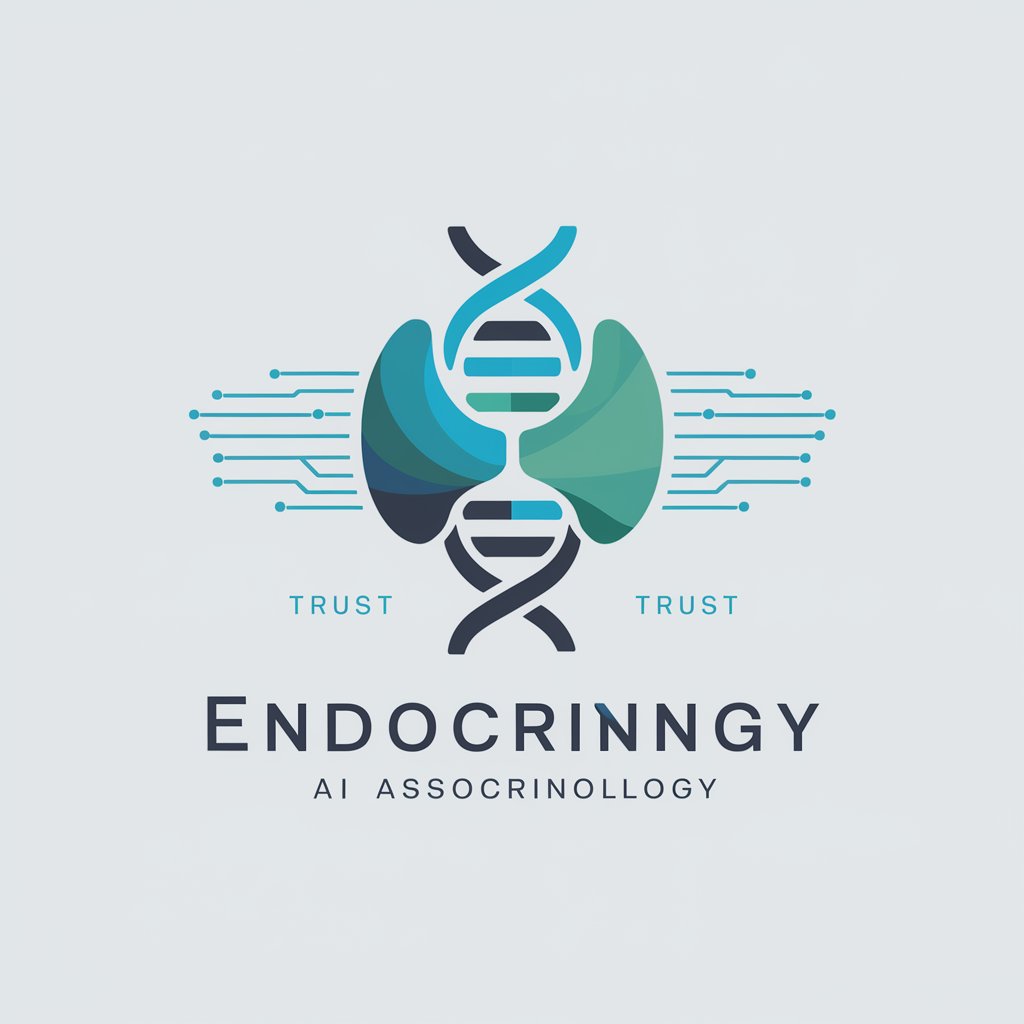
🩺 Digestive Health Pathfinder
Empowering Digestive Wellness with AI
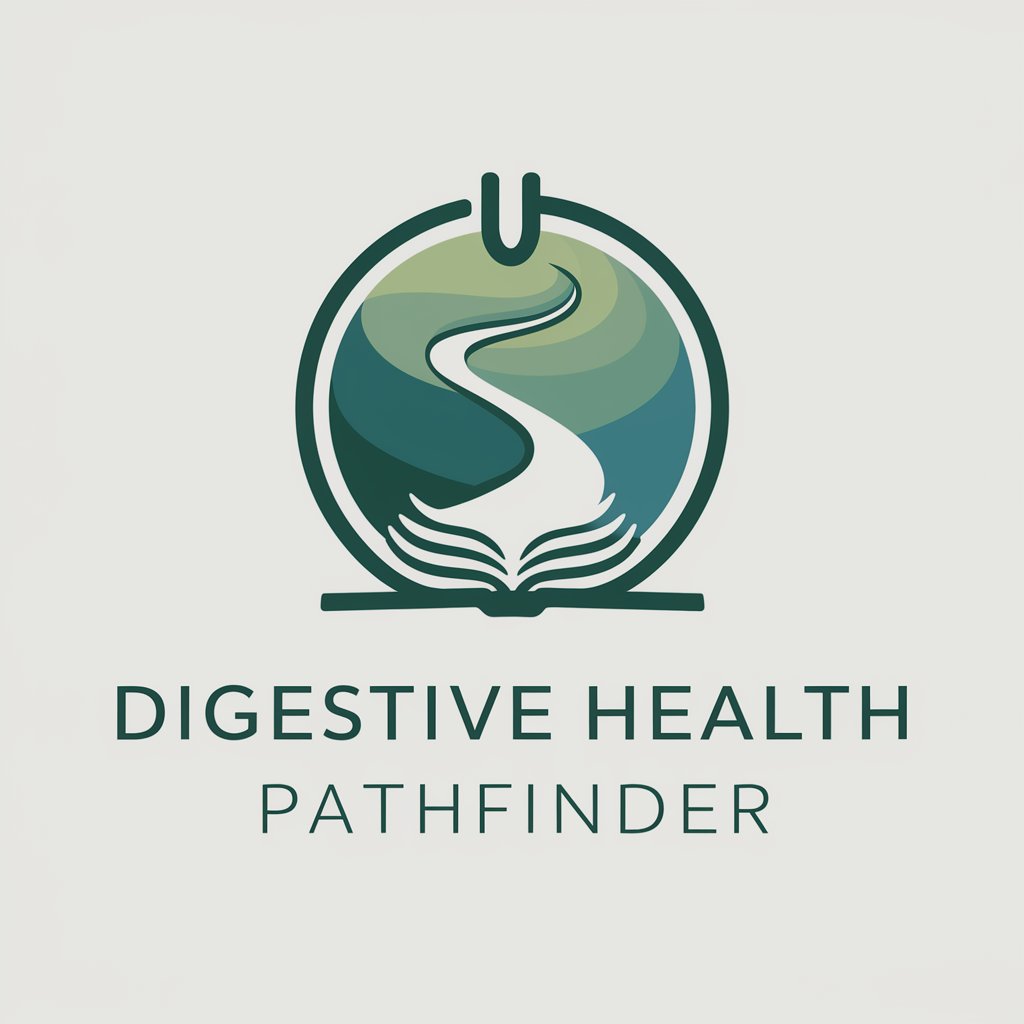
Frequently Asked Questions about Comprehensive Oncology Navigator
What kind of information can Comprehensive Oncology Navigator provide?
It offers up-to-date information on cancer treatments, recent research findings, and support resources, but does not provide medical advice.
Can I use it to get personalized cancer treatment options?
While it can provide information on various cancer treatments, it cannot offer personalized medical advice. Always consult with a healthcare provider for treatment decisions.
How does this tool stay updated with the latest oncology research?
It accesses a wide range of medical databases and journals to provide the most current information on oncology research and treatments.
Is there a cost to use Comprehensive Oncology Navigator?
You can start with a free trial on yeschat.ai, with no login or subscription required, to explore its features.
How can Comprehensive Oncology Navigator assist in academic research?
It can generate summaries of recent oncology-related articles, interpret complex medical data, and provide insights into current research trends.

